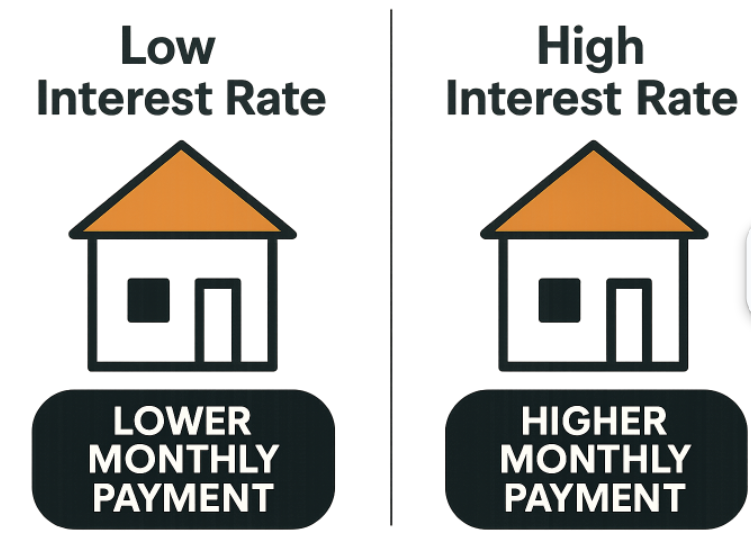Are you providing your dog with the proper diet? With so many species and breeds available to adopt as pets in the UAE, it is not surprising that you would put effort into a nourishing diet that can cover all their needs.
Like humans, breeds differ in their requirements. These are based on their genetic makeup, lifestyle, and health. One-for-all feeding might not be effective. It may even be harmful.
It is also about being aware of the significance of personalised nutrition. Being aware of your pet’s unique needs, you can make the right choice when it comes to their nutrition. This keeps them healthier throughout their lifespan.
The Importance of Speciality Pet Food to Different Pets
All animals require the right kind of food, as different species have distinct nutritional needs. They eat meat based on their type, size, and health. Residents of the UAE have access to the best pet food and veterinary clinics in Dubai to discuss the well-being of their furry pets.
Common Misconceptions About Pet Nutrition
Most think that all animals must eat the same food. However, every pet requires a specialised diet. Some people believe that pets require no special diet if they appear healthy. However, pets require regular check-ups to ensure their diet is nourishing.
If you have a pet in the UAE, it is advisable to consult with a seasoned veterinarian at a reliable veterinary clinic in Dubai or contact the best veterinary services at home. They can assist in creating a diet plan for your pets that accommodates the local climate and cuisine.
The Science Behind Pet Breed-Specific Diets
Breed-specific pet food is tailored to the unique needs of each breed. Research shows that most of what pets must eat is inherited. Large dogs and small dogs, for example, require different necessities. It is the understanding of these differences that is the formula for caring for them.
Genetic Considerations That Influence Nutritional Requirements
Genetics play a significant role in what pets should consume. Over time, breeds have adapted to reside in various habitats. Diets need to be compatible with the adaptations. A genetic analysis of dogs has found that certain breeds are more prone to developing specific illnesses. These can be minimized with a proper diet.
Metabolic Differences among Breeds
Metabolic differences also determine what food is fed to them. Some burn more calories than others. These differences are used to create diets that cater to the specific needs of each breed.
Evidence for Personalized Nutrition
Learning about the genetic, metabolic, and dietary variations among breeds will help owners make informed decisions about their pet’s diet. For instance, consulting a veterinarian or animal nutritionist in Dubai can help you create an error-free diet plan for your pet.
Dog Food: Nutrition Requirements of Different Dog Breeds
Healthy food helps keep your dog healthy while also promoting a longer lifespan. Dogs require specific nutrients to maintain their health.
Large Breed Nutrition
Huskies, German Shepherds, and Retrievers are large dogs that require a high-protein diet. They require it to maintain healthy and strong muscles. They are not like smaller breeds because they grow larger and retain energy without compromising their joints. need high-quality protein, phosphorus, and calcium to maintain strong bones, as well as an adequate amount of fat to provide them with energy.
Small Breed Considerations
Breed puppies, like Chihuahuas, Yorkies, and Shih Tzus, have a diet of their own. Small breed puppies, like Chihuahuas, Yorkies, Shih Tzus, and even mini goldendoodles, thrive on a diet of their own. These puppies need food packed with calories because they burn them very fast. They need food that keeps their teeth healthy and their very well-being.
Breed-Specific Health Issues and Dietary Remedies
Certain health issues are more prevalent in specific dog breeds, which can be mitigated by a balanced diet. Knowing them enables you to feed them correctly.
Don’t forget, grooming is also beneficial for your dog’s health. In the UAE, where the weather significantly impacts the texture of their fur coats, pet grooming in Dubai is particularly helpful. It keeps your dog in top condition and looks.
Cat Nutrition: How Different Cat Breeds Have Different Needs
Different breeds of cats require different types of food. This is based on their activity and age. This enlightens you on how to feed your cat best.
Persian and Long-Haired Breed Standards
Persian cats and other long-haired cats require special diets. They require omega-3 fatty acids for their fur. This keeps their fur in good health and prevents hairballs. They need food that supports their urinary system’s health.
This is because they are prone to urinary problems. To ensure that your canine or feline friend isn’t suffering from any underlying diseases, take them to a pet lab in Dubai to run important tests and ensure health.
Nutritional Considerations for Long-Haired Breeds:
| Species | Dietary Requirement | Key Nutrients |
| Dogs | Omnivorous | Protein, Fat, Carbohydrates, Vitamins, Minerals |
| Cats | Obligate Carnivorous | High Protein, Taurine, Vitamin A |
| Rabbits | Herbivorous | High Fibre, Hay, Vegetables |
| Guinea Pigs | Herbivorous | Vitamin C, High Fibre, Hay, Vegetables |
Active Breeds and Sedentary Breeds
The activity level of your cat will determine what they need to eat. Active cats, such as Bengals, require more protein and calories. This makes them active. Less active cats, such as British Shorthairs, need less. You need to make their diet balanced according to their level of activity.
Age and Breed Intersections in Feline Nutrition
Age is a first-order factor in what cats require to eat. Kittens require a lot of nutrients to grow. Adult cats need fewer calories but healthy joints. Considering these requirements, you will be able to provide your cat with a well-balanced diet at any stage of its life. A veterinarian or pet nutritionist can advise you on what is best for your cat.
Conclusion: Creating the Ideal Diet Plan for Your Pet
Your pet’s age, breed, health, and lifestyle determine their diet. To ensure the best nutritional management for cats and dogs, it is better to consult a pet nutritionist or a vet. They can create a diet chart tailored to your pet’s specific needs. Numerous pet nutrition services are available in Dubai. You can consult pet labs and vet clinics. They offer nutritional tests and consultations.




